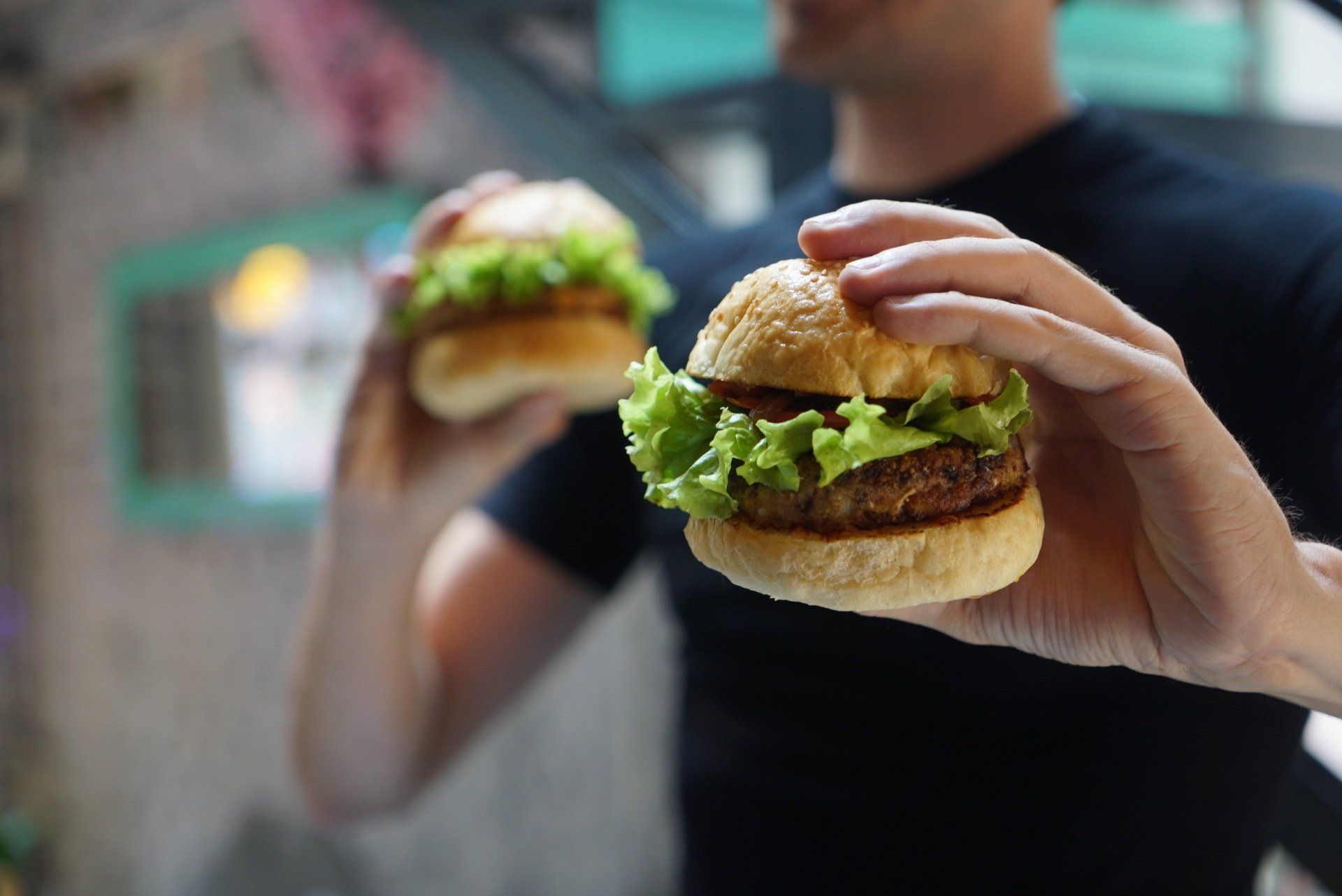Best weight loss diet plan for men
Neuroslim, Mindful Eating & Intuitive Eating
Best Weight Loss Program FOR MEN
Best Weight Loss Program FOR MEN
Best Weight Loss Program FOR MEN
Should men go on different diets than women? Experts who think the best weight loss diet plan for men should be different than women base their opinion on the different nutritional needs between the sexes.
There are a few key ways in which men and women's nutritional needs differ. For one, calories.
Men Need More Calories
There are a number of factors that contribute to the different caloric needs of men and women. One of the most significant is body size and composition. Women, on average, have less muscle mass than men and more body fat. This means that they require fewer calories to maintain their weight.
Another factor that affects caloric needs is activity level. Men tend to be more active than women, meaning they burn more calories. Finally, metabolism also plays a role. Women generally have a slower metabolism than men, meaning they don't burn calories as quickly.
All of these factors combine to create different caloric needs for men and women. In general, women need fewer calories than men. This doesn't mean that all women need fewer calories than all men, but it is a general trend. Individual caloric needs will vary based on all of these factors.
Women need more iron, folate and calcium
Men require about 8 milligrams of iron each day, while women need 18 milligrams. This is because women lose iron during menstruation, and therefore need to replenish their stores more often. Iron is important for carrying oxygen in the blood and for maintaining a healthy immune system.
Women also require more folate than men, in order to prevent birth defects. Folate is a water soluble vitamin that helps to prevent birth defects. It is found in leafy green vegetables, legumes, and fortified foods such as bread and cereal. Women who are pregnant or planning to become pregnant should make sure to get enough folate in their diet.
Additionally, during pregnancy and breastfeeding, a woman's calcium needs increase in order to support the developing baby. Calcium is essential for bone health, and pregnant and breastfeeding women need higher amounts of this mineral than other adults. Good sources of calcium include dairy products, leafy green vegetables, and certain types of fish.
Finally, while both sexes need omega-3 fatty acids for good health, women who are pregnant or breastfeeding need even higher amounts of these nutrients. Omega-3 fatty acids are important for brain and heart health. They can be found in oily fish, nuts, and seeds. Pregnant and breastfeeding women need higher amounts of omega-3 fatty acids than other adults.
But Do Differing Nutritional Needs Mean Men & Women Should Go On Different Diets?
The answer is yes in terms of nutrition but no in terms of weight loss.
Why? Because dieting to lose weight doesn't work. Click here to see studies showing the effectiveness of weight loss programs.
The (no-diet) best weight loss plan for men
This is why the best weight loss program for men is not a diet; it is creating new eating habits and patterns that lead to sustainable and permanent weight loss. Our two winners, Neuroslim and Mindful Eating fit the bill.
New Eating Habits Are More Effective For Weight Loss
If you're looking to lose weight in a healthy and sustainable way, you have to focus on making changes to your eating habits. Some simple changes you can make include eliminating distractions while eating, such as TV or work, so that you can pay attention to your body's hunger cues.
When you're on a diet, it can be easy to ignore your body's signals that it's hungry, which can lead to overeating or binging later on. However, if you're attuned to your body's hunger cues and are responsive to them, you're more likely to eat only when you're truly hungry – and as a result, consume fewer calories overall.
Changing your eating habits--like eating slower, serving yourself smaller portions, etc.-- are easier said than done. That's why you need eating habit formation programs that can help you achieve them. Our top two winners have proven methods to changing your eating habits--Neuroslim and
Mindful Eating.
Why Neuroslim & Mindful Eating Share Our Best Weight Loss Plan for Men Award
Both Neuroslim and mindful eating are about changing your relationship with food. Both emphasize being attuned to your own body's cues, and both advocate for making peace with food.
Both programs also encourage choosing foods that you truly enjoy and that make you feel good physically and emotionally. The focus is always on the present moment, while learning to trust your own body's wisdom, addressing emotional eating habits and developing a healthy relationship with food.
Neither program involves any food restrictions and allows you to eat what you want, when you want it. This makes both programs extremely flexible, sustainable and enjoyable. This makes it much easier to stick to the programs, and make it more likely to lose weight and keep it off.
In the end, these two programs give you a far more powerful tool than dieting--NEW HABITS. Here's why that's important: When you're trying to lose weight, it's easy to believe that motivation and willpower are all you need.
However, developing new habits is often more effective than relying on these things alone. This is because habits provide a structure that can help you maintain your desired behavior over time, while motivation and willpower may eventually fade.
Additionally, new eating habits can become automatic and require less effort to sustain than relying on motivation and willpower alone. Therefore, if you want to make lasting changes in your life, focus on developing new habits.
When it comes to developing new habits, motivation and willpower are often seen as the key ingredients. However, research has shown that there is a more effective way to develop new habits that can lead to lasting change.
Both Neuroslim & Mindful Eating Help You Form New Eating Habits
New eating habits are important because they help us automate our behaviors so that we can perform them without having to think about them. This allows us to free up our mental energy for other tasks and decision-making.
Habits also allow us to perform complex behaviors without having to consciously think about each individual step. For example, if you wanted to learn how to ride a bike, you would first have to learn how to balance yourself, pedaling, and steering. Once you've mastered these individual steps, you can put them all together and ride without having to think about each step separately.
Why is motivation not enough?
Though motivation is important in the beginning stages of habit formation, it is not enough to sustain a behavior long-term. This is because motivation is often based on external factors that are beyond our control (like losing weight for a upcoming wedding). These external factors can be unpredictable and change over time, which makes it difficult to maintain a consistent level of motivation.
Willpower also has its limitations. Willpower is the ability to resist temptation in order to achieve a goal. However, willpower is a finite resource that can be easily depleted. This means that if we rely on willpower to sustain a behavior, we are more likely to give in to temptations and give up on our goals.
So, if motivation and willpower are not enough to sustain a behavior long-term, what is?
The answer is habit formation.
Habit formation is a more effective way to develop new habits because it does not rely on external factors or willpower. Instead, it relies on creating a cue and reward system that makes the desired behavior its own reinforcement.
How can I form new habits?
Both Neuroslim and Mindful Eating use four simple steps you can take to start forming new eating habits:
1. Choose a behavior you want to change.
2. Identify the cue that triggers the behavior.
3. Create a reward for performing the desired behavior.
4. Repeat the behavior until it becomes automatic.
Forming new habits can be a challenge, but it is possible with some effort and planning. By following these steps, you can develop new eating habits that will lead to lasting weight loss.
Why We Think Neuroslim Is The Best Weight Loss Plan For Men
The Neuroslim weight loss course helps people break negative eating patterns by using techniques that have been developed by neuroscientists and published in peer-reviewed science journals.
These techniques can help people slim down and improve their overall health by breaking negative eating patterns. For example, the "Pause-Rate-Decide" method of managing cravings is an easy-to-follow method that can help you change your relationship with food.
Why We Think Mindful Eating Is The Best Weight Loss Diet Plan For Men
Mindfulness Eating courses (there are many in apps like Headspace, courses by weight loss coaches, and online education classes). help you focus on the present moment and be aware of what you're eating. In these courses, you'll learn to pay attention to the taste, texture, and smell of your food, and savor each bite. You'll also learn to eat slowly and mindfully, without distractions.
This means putting away your phone, turning off the TV, and avoiding other distractions so that you can focus on your meal. Lastly, you'll learn to listen to your body's cues and stop eating when you're full.
Mindful eating is about being present in the moment and being aware of what you're eating. It's about enjoying your food and savoring each bite. Neuroslim is more prescriptive (do this, not that) while mindful eating is more intuitive and reflective.
The key difference between these two types of programs is the emphasis placed on different aspects of the eating experience. Neuroslim is more focused on the act of eating itself, while mindful eating emphasizes being present and aware of all aspects of the experience, from the taste of the food to the cues your body gives you when you're full.










